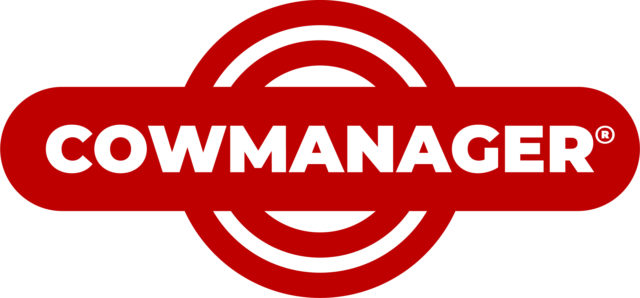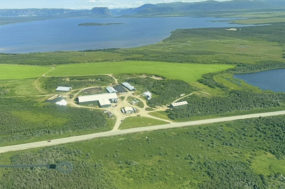Over the years, I have helped with breakfasts on the farm, tractor pulls, school potlucks, barbecues, etc. Feeding a few hundred to a few thousand people in a matter of hours really doesn’t scare me anymore.
These events are not possible without a tremendous amount of volunteer support, both in pre-planning and on the day of the event. However, even more critical is good leadership to make sure every role is filled and tasks are being completed.
From serving on a lot of committees, I have observed a lot of different leaders. There are those that have to do everything and those that empower others to get their tasks done. I have worked with very quiet leaders and some boisterous leaders.
More recently, I’ve started to see how the things I have learned through event planning are also relevant in fieldwork events. Planting – and even more so, harvesting – can be big farm events.
These moments are not the same as daily farm chores. They are their own events and, if viewed that way, you are more likely to put in some extra planning and organization to make sure they go as smoothly as possible.
How do you prepare for fieldwork events on your farm?
Do you just say, “If everyone does what they did last year, we’ll be fine”? I have found that can work really well with an experienced, dedicated crew. However, as soon as one of those crew members cannot be there, a big hole is left to fill.
Since precedence was for everyone to worry about their own jobs, there usually isn’t another person trained to fill the vacated role and, unless proper training takes place, the team won’t work as well as it did previously.
Do you just head out to field and let everyone else sort out the other jobs? You know what you need to do, and you believe you’ve assembled an able team, so everything should fall into place, right?
What you don’t see as you drive out to the field is that lack of direction is now slowing down the team. Everyone is going to spend too much time discussing and possibly bickering about who does what as opposed to if they had all been assigned a task for the day.
The most successfully run events I have participated in are those where everyone is on the same page and knows what their roles are going to be. This does take some pre-planning, but it doesn’t have to be much.
Determine the roles where everyone is going to have the best fit. Check in with everyone the day before so they know the start time and any additional details they might need to know.
Before you get going in the morning, have a quick meeting to go over roles and discuss any important notes for the day. As the day goes along, communicate with your team.
If something breaks, help them understand what they can do in the meantime or when they can expect to be up and running again. Then, when it is all over, a nice “Thank you” can go a long way for team morale.
Think of fieldwork as an event that requires leadership – then acting in a leadership capacity will help you and your team have a more efficient and successful harvest season. PD

-
Karen Lee
- Editor
- Progressive Dairyman
- Email Karen Lee









